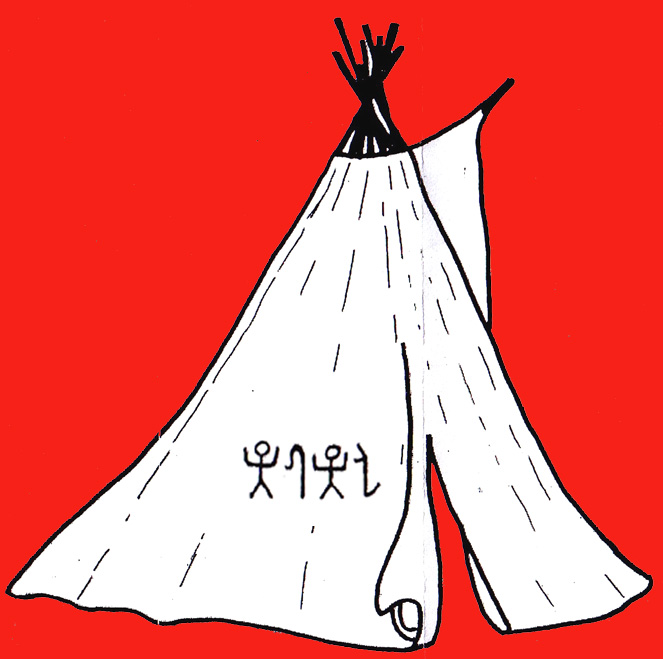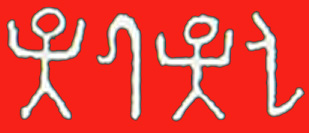
James Adair

 |
James Adair |
 |
| James Adair was "a backwoods preacher" (1844 Religious Movements Vol 1, p. 101), who lived among the American Indians some 40 years. He "has been called by various writers an Englishman, a Scotchman and an Irishman--and with some basis of fact in each case. "His descendants took active parts in the conquest of Ireland, where one of them in 1346 came into Earldom of Kildare. Another line of the Fitzgeralds was that of the Earls of Desmond, which also descended from Maurice, the founder of the family in Ireland." Introduction to Adair's History of the American Indians p. vii James Adair was born about 1709, perhaps like his ancestors who dared for a cause and facing the vice-grip of the law primogeniture, he preferred the freedom and opportunity of distant climes. "Animated by something of the spirit of his distant ancestors, James Adair migrated and appeared in South Carolina in 1735, landing at Charles Town, in high probability. . . . In 1736 he was a trader to the Cherokees. "Adair's book gives evidence of the fact that he was among the Overhill (or Western) Cherokees in the Tennessee Country, whose towns were on the Tennessee (now Little Tennessee) River, and its branches. Our author, however, is tantalizingly sparing of dates in that regard. He doubtless, came in contact with the enthusiast Priber while the latter was among the overhill Cherokees engaged in the projection and establishment of his "red empire", in the years 1737-1743." Ibid Back in those days Catholics and Protestants were struggling for control in the New World. James Adair knew this, and sought to win the Indians for the cause of Truth. Catholics had their grip on the Indians as well. Because of this power struggle many Indian wars broke out. Yes, the Bible is still true: "In her (the Catholic church) was found the blood of prophets, and of saints, and all that were slain upon the earth." Revelation 18:24. Also many of the American Indians made short work of the Jesuits, because of their deceitful trickery. James Adair was a witness to this power struggle: "The Florida captives who were sold in Carolina, have told me, that the Spaniards of St. Augustine and St. Mark's garrisons, not only hired and paid them for murdering our seamen. . . . From their bigoted persecuting spirit, we may conclude the victims to have been those who would not worship their images and crucifixes." History of the American Indians p. 159. The French (Catholic controlled) and long time enemy of Britain sought to gain the Indians as their allies. "The French Canadians are highly censurable, and their bloody popish clergy, for debauching our peaceable northern Indians, with their infernal catachism,- the first introduction into their mixed idolatrous worship, they fastened round their necks, a bunch of their favorite red and black beads, with a silver cross hanging down on their breasts." Ibid p. 160 "It was among his 'cheerful brave Chikkasah" that Adair brought his career as a English trader and diplomat to peak. The independence and bravery of the Chickasaws appealed to him. The glorious history they had but recently made in two contests with the French and their numerous red allies under Bienville challenged his admiration. The Chickasaw reciprocated. They and Adair were well met. Theirs was a kinship of spirit. It is manifest that he, alongside their chiefs, was their leader on bloody forays against enemy Indians, particularly the Shawnees, then in the French interest. . . . He instilled in the Chickasaws a stronger dislike of the French. That age-old hatred did more and very much more to save the Mississippi Valley to the English than histories of our country have so far recorded. "About a year or two after Adair entered upon his life among the Chickasaws, in the winter of 1745-46, he saw an opportunity to extend the influence of the Anglo- Americans of Carolina and win at least a portion of the populous Choctaw nation from the French at New Orleans. The two leaders (Adair and Chief Red Shoes), white and red, planned a break with the French -- called by the French "the Choctaw rebellion" . . . The faction of Red Shoes attacked not only the tribesmen who remained true to the old alliance, but also settlements of the French on the Mississippi and their commerce on the river. In acknowledgment of his leadership scalps were brought to Adair." Introduction p. x Governor Glen committed himself to see a grant to Adair and his friends of a monopoly of the Choctaw trade for a term of years. Instead Glen, it was charged, formed a company -- called by Adair the "Sphynx Company" Charles McNaire was entrusted with the goods. Adair attributed to this breach of plighted faith his personal bankruptcy. "Existing records testify to the fact that Adair aided the authorities in efforts to prevent the Chickasaws being debauched by rum." Ibid p. xvii Miss Skinner in her Pioneers of the Old Southwest called Adair "Tennessee's first author": "His voluminous work discloses a man not only of wide mental outlook but a practical man with a sense of commercial values. . . . The complete explanation of such a man as Adair we need not expect to find stated anywhere-- not even in and between the lines of his book. The conventionalist would seek it in moral obliquity; the radical in a temperament that is irked by the superficialities that comprise so large a part of conventional standards. The reason for his being what he was is almost the only thing Adair did not analyze in his book. Perhaps, to him, it was self-evident." "That Adair was a man of liberal education, for his period, seems clear. A self-disclosure is that of his applying himself to the mastery of the rudiments of the Hebrew language among the redmen whom he was studying." Ibid p. xx "Whether knight errant or dare-devil, or a commingling of both, he rode into mundane immortality. He has broken into every book of comprehensive biography, in whatever language, which has any sort of pretension of thorough-ness. "Adair was a good hater: of Glen, the French and the Romanists, in particular." Ibid p. xxi. Do not think this is wrong! The Psalmist also declared: "Do not I hate them, O YAHUWAH, that hate thee? and am not I grieved with those that rise up against thee? I hate them with perfect hatred: I count them mine enemies." Psalm 139:21, 22 |